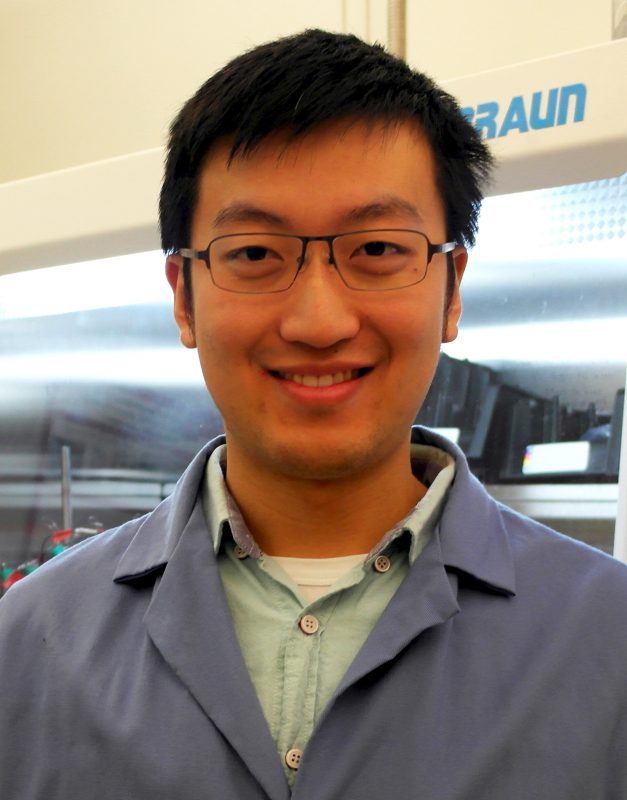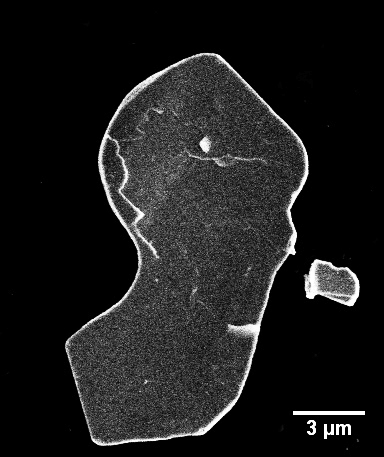
Tell me a little about yourself!
I’m a fifth-year grad student in the department of Materials Science and Engineering, working with Prof. Veronica Augustyn. In my spare time, I enjoy books, anime, and video games. My current career goal is to be a scientist working towards better understandings of structure-property relationships in materials for energy storage.
What primary instrument(s) are you using for your research and what do you like about it?
At the AIF, I mainly use the Talos scanning transmission electron microscope for checking materials’ morphology and crystal structure, Quanta 3D focused-ion beam for sample preparation, Rigaku X-ray diffractometer for determining the phase of materials, and Empyrean X-ray diffractometer for in situ heating and ex situ electrochemical experiments. I like all these instruments not only because they have always been functioning well but also, they give me opportunities to work with the great staff members.
What have you been researching and how is it impacting the community?
Batteries and supercapacitors are examples of electrochemical energy storage systems used in everyday consumer electronics. Materials, which serve as the active components of energy storage systems, set the fundamental limit to how long the systems can run and how fast they can be charged. I am investigating the design strategies at the level of materials to make electrochemical energy storage systems charge faster.
The materials that I’m working with are transition metal oxides with nano-confined water. This type of water can help certain materials store energy many-folds faster than their anhydrous counterpart. We are using this principle to design and engineer new materials and investigating why nanoconfined water is effective in various material systems.
What have you learned from your experience at AIF?
My experience at AIF has taught me that each scientific instrument has its own learning curve that I should respect. It is worthwhile to treat every session on the instrument as an individual experiment. Learning from staff members and experienced users certainly helped expedite my acquaintance with the instruments.
Best thing about AIF in 5 words or less?
Capable instruments and great staff
Is there a staff member at AIF that has helped you?
I want to express my sincere gratitude to Ching-Chang “BB” Chung, Yang Liu, Roberto Garcia, Chuck Mooney, Fred Stevie, Phillip Strader, Toby Tung, Chris Winkler, and Chuanzhen “Elaine” Zhou. Many experiments wouldn’t be possible without their help.
